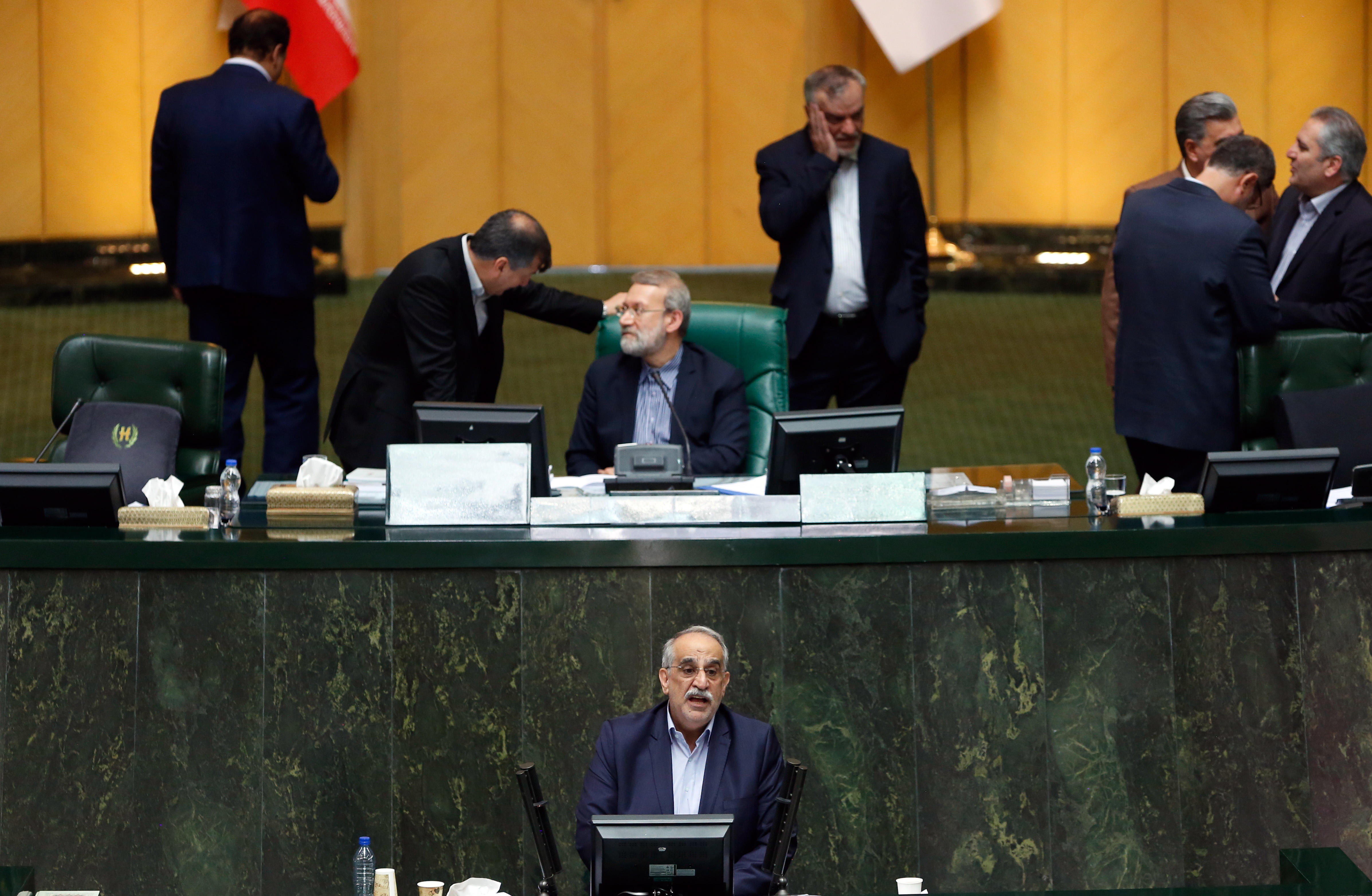
Report: Iran has 3,000-4,000 working centrifuges
Parliament Speaker Ali Larijani says number of active centrifuges Islamic Republic currently has at its disposal is still within limit allowed under its nuclear deal with world powers, which allows Iran to operate up to 5,060 first-generation centrifuges at its Natanz plant and 1,044 at its Fordow plant.
The rare announcement of specific data on the nuclear program came days after Iran's nuclear chief said it had completed a facility to build advanced centrifuges—Tehran has said it will increase its capacity to enrich uranium if the nuclear pact collapses following Washington's withdrawal in May.
Under the terms of the 2015 deal, Iran agreed to curb its nuclear program in exchange for sanctions relief.
The deal allows the Islamic Republic to operate up to 5,060 first-generation centrifuges for 10 years at its Natanz plant and 1,044 first-generation centrifuges at its underground Fordow enrichment plant.
Before the deal, Iran had 20,000 centrifuges installed at Natanz and Fordow, according to the International Atomic Energy Agency (IAEA).
The remaining signatories to the deal—Russia, China, Germany France and Britain—are trying to salvage the accord.
"America and Israel have a program against Iran and they scrapped a deal they requested," Larijani said, according to Tasnim.
"After America withdrew, European leaders asked that Iran not give a quick reply to this action and they asked for time, which is passing now," he added.
The remaining powers say the deal is the best hope of preventing Iran from developing a nuclear bomb. Iran says its atomic program is for electricity generation and other peaceful purposes.
Iran’s nuclear chief Ali Akbar Salehi told the Associated Press on Tuesday that he hopes the atomic deal between Tehran and world powers survives, but warns the program will be in a stronger position than ever if not.
Salehi also said that President Donald Trump’s decision to withdraw America from the 2015 accord “puts him on the loser’s side” of history.
He added: “That deal could have paved the way for building the trust and the confidence that we had lost.”
Associated Press contributed to this report.











